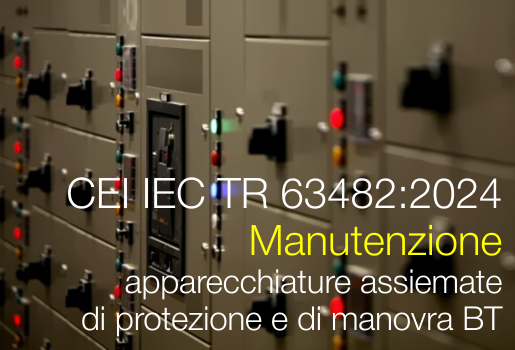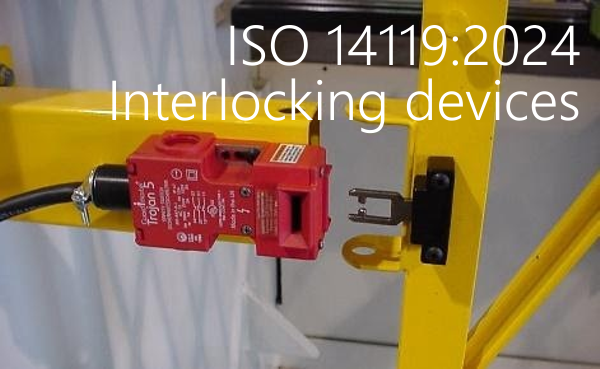// Documenti disponibili n: 46.271
// Documenti scaricati n: 36.037.341
ID 23174 | 22.12.2024 / Preview attached
PAS 3000:2015 Smart Working - Code of Practice
This PAS gives recommendations for establishing good practice for the implementation of Smart Working. It covers changes to working practices, culture, working environments and associated technology.
It is intended for use by the public, private and not-forprofit sectors, for large organizations and small.
It is intended for use by leaders and managers in employing organizations, and those charged with implementing Smart Working programmes. It is not intended to specify a particular product or detailed solutions. This PAS is intended to provide a strategic framework for good practice in the Smart Working space.
_______
This PAS was sponsored by the Cabinet Office. Its development was facilitated by BSI Standards Limited and it was published under licence from The British Standards Institution. It came into effect on 30 November 2015.
Acknowledgement is given to Andy Lake, as the Technical Author, and individuals from the following organizations that were involved in the development of this PAS as members of the steering group:
- Agile Future Forum
- Cabinet Office
- CIPD – the professional body for HR and people development
- Department of Health
- Henley Business School
- Local Government Association
- Microsoft
- Ministry of Justice
- Morys and Company
- UCL Bartlett Faculty of the Built Environment and AMA Alexi Marmot Associates Ltd
- Vodafone
- Working Families
Acknowledgement is also given to the members of a wider review panel who were consulted in the development of this PAS.
The British Standards Institution retains ownership and copyright of this PAS. BSI Standards Limited as the publisher of the PAS reserves the right to withdraw or amend this PAS on receipt of authoritative advice that it is appropriate to do so.
This PAS will be reviewed at intervals not exceeding two years, and any amendments arising from the review will be published as an amended PAS and publicized in Update Standards.
This PAS is not to be regarded as a British Standard. It will be withdrawn upon publication of its content in, or as, a British Standard.
The PAS process enables a code of practice to be rapidly developed in order to fulfil an immediate need in the market. A PAS can be considered for further development as a British Standard, or constitute part of the UK input into the development of a European or International Standard.
Foreword
Introduction
1 Scope
2 Terms, definitions and abbreviations
3 Smart Working
4 Smart Working principles
5 Leadership and vision
6 People, workstyles and culture change
7 Smart Working environments
8 Technologies for Smart Working
9 Wellbeing and sustainability
10 Implementation
Annexes
Annex A (informative) Types of flexible working workstyles
Annex B (informative) Pros and cons of desk-sharing solutions
Annex C (normative) The extended working environment
Annex D (informative) Key areas to consider for home-based working
Annex E (informative) Technologies for Smart Working
Annex F (informative) Sample timeline for implementation
Annex G (informative) Risks and challenges for Smart Working
Bibliography
List of figures
Figure 1 – Elements of Smart Working
Figure 2 – Smart Working maturity model
Figure C.1 – The extended working environment
List of tables
Table 1 – Areas of cost and benefit
Table B.1 – Varieties of desk-sharing solutions
Table G.1 – Risks and challenges
PAS (Publicly Available Specification) è una specifica disponibile pubblicamente, documento di standardizzazione simile ad una norma tecnica nella struttura e nella forma, ma che ha un diverso percorso di sviluppo.
PAS sono spesso prodotte in risposta ad un'esigenza urgente del mercato, l'obiettivo è accelerare il processo di standardizzazione.
Collegati

ID 23279 | 12.01.2025 / In allegato Preview
CEI IEC TR 63482:2024
Classific...

ID 22568 | 17.08.2024 / Edition 3, 2024 - Preview attached
ISO 14119:2024
Safety of machinery - Interlocking devices assoc...
Spine e prese per usi domestici e similari
Parte 2: Prescrizioni particolari per adattatori
Classificazione CEI: 23-57
DATA PUBBLICAZIONE: 2020-08
La presente Norma specifica le prescrizioni part...
Testata editoriale iscritta al n. 22/2024 del registro periodici della cancelleria del Tribunale di Perugia in data 19.11.2024